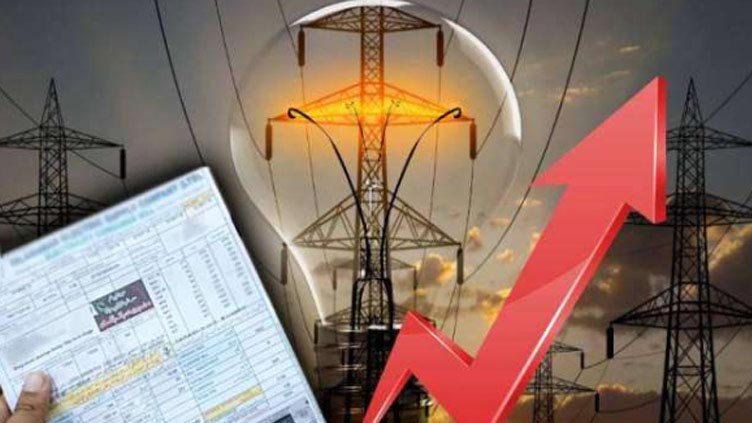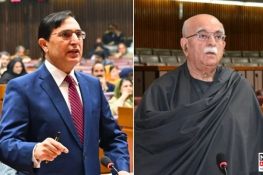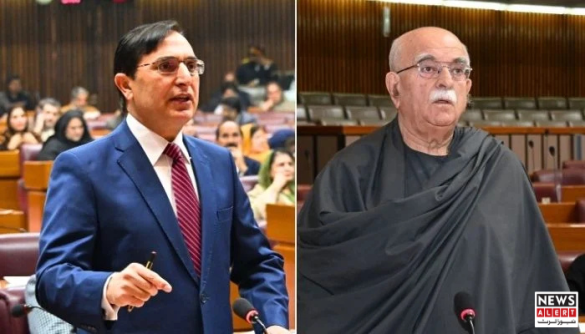NEPRA Reviews Petition for Tariff Hike
Pakistan’s electricity consumers are likely to face higher bills next month as regulators consider a new fuel price adjustment. This follows recent reports highlighting the end of electricity subsidies, which has already pushed costs higher (Electricity Bills Set to Rise in Pakistan as Subsidies End). The National Electric Power Regulatory Authority (NEPRA) on Monday held a hearing on a petition filed by the Central Power Purchasing Agency (CPPA), which has requested an increase of 19 paisa per unit in electricity tariffs.
The proposed adjustment is linked to higher generation costs in August 2025. If approved, the increase will apply for one month and be reflected in consumer bills across the country. Officials say both domestic users and the industrial sector could be affected.
Surge in Power Generation Costs
According to official figures, Pakistan’s distribution companies received 102.94 billion units of electricity during August. The average generation cost rose to 7.50 rupees per unit, compared to 7.31 rupees per unit in July.
The breakdown of costs highlights significant variations depending on the energy source. Electricity generated from:
-
Local coal cost 12.01 rupees per unit.
-
Imported coal reached 14.07 rupees per unit.
-
Furnace oil was the most expensive at 33 rupees per unit.
-
Natural gas generation stood at 13.43 rupees per unit.
-
Liquefied Natural Gas (LNG) cost 21.73 rupees per unit.
-
Imported electricity from Iran proved the costliest at 41 rupees per unit.
-
Bagasse, a sugarcane by-product, remained cheaper at 9.87 rupees per unit.
These figures show how reliance on costly fuels and imports is driving up the burden on consumers.
Why Fuel Price Adjustments Matter
Fuel price adjustment (FPA) is a mechanism that allows power companies to recover changes in fuel costs from consumers. Each month, NEPRA assesses the difference between projected and actual costs of electricity generation. If production becomes more expensive, the shortfall is passed on to consumers in the form of a surcharge.
Over the past year, Pakistani households have faced frequent tariff revisions due to global fuel price fluctuations and the country’s dependence on imported energy sources. Industry experts warn that rising costs undermine competitiveness, particularly for energy-intensive sectors such as textiles and manufacturing.
Growing Reliance on Imported Fuels
Pakistan’s energy mix remains heavily dependent on fossil fuels, with coal, gas, and furnace oil contributing a large share. Hydropower, wind, and solar sources account for only a fraction of total supply.
The high cost of imported fuels has placed additional strain on the national grid. Electricity imported from Iran, though limited in quantity, has become particularly expensive. Meanwhile, LNG shipments remain vulnerable to global price volatility.
Analysts argue that expanding investment in renewable energy could help reduce reliance on costly imports. However, progress has been slow due to policy delays and financial constraints.
Impact on Consumers and Industry
If NEPRA approves the CPPA’s request, the adjustment will remain in effect for a single billing cycle. However, even temporary hikes are a source of hardship for many households already coping with inflation. Pakistan’s annual inflation rate was recorded at around 12 percent in mid-2025, with energy costs a major driver of price pressures.
For industries, higher tariffs mean increased production costs and reduced export competitiveness. Business associations have repeatedly urged the government to stabilize power prices, warning that frequent adjustments deter investment.
Awaiting the Regulator’s Decision
NEPRA’s decision on the petition is expected within the next few days. While a 19 paisa increase may seem modest, it reflects deeper structural issues within Pakistan’s power sector. Experts say unless reforms reduce dependence on expensive fuels, consumers will continue to face recurring surcharges in their bills.
For now, households and businesses await the regulator’s verdict — knowing that yet another rise in electricity costs may soon follow.















